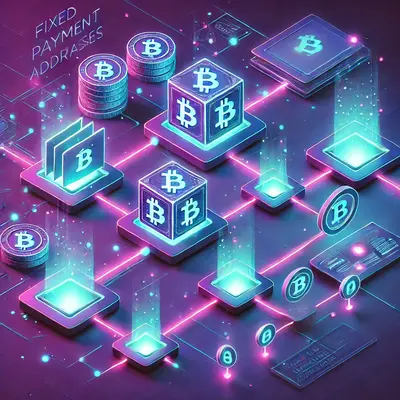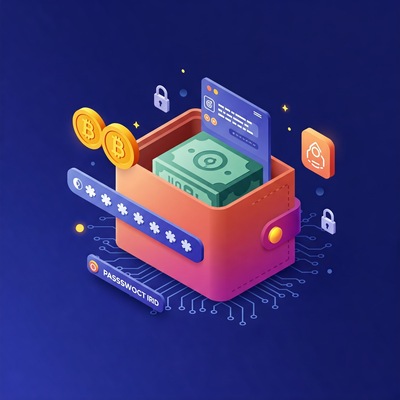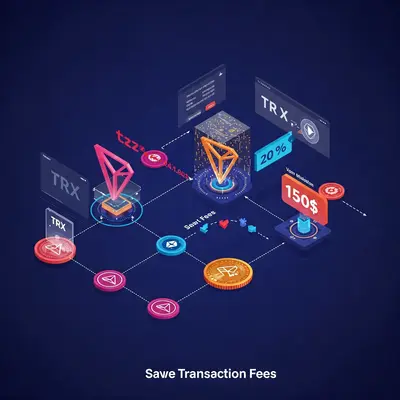Blog Post
Read our latest blog posts and stay updated with the latest trends and insights in the blockchain industry.
Explore a wide range of topics and discover valuable information that can help you enhance your
knowledge and skills.


By Chaingateway
Aug 30, 2023
As blockchain technology continues to evolve, developers are racing to keep up with potential use cases. Mastering blockchain APIs will be crucial to successfully implementing these use cases.
A blockchain API is a tool used to help developers interact with a blockchain network. It makes it easy to integrate the blockchain into an application or website. In short, it simplifies a developer’s interaction with a blockchain network while assisting them in building a decentralized application. One way it does this is by providing access to data on blocks, smart contracts, transactions, account balances, and more. It lets users send messages on the blockchain without writing their own code. For developers, they will often interact with APIs using the JSON-RPC architecture. They call on the API via WbSockets or HTTPS to send or receive data from the blockchain. Additionally, they can use standard SDKs to exchange data with a blockchain. There are also enhanced APIs that can save time on the development effort. They include NFT APIs, DeFi APIs, and wallet APIs built on top of a standard API.
There are numerous use cases for blockchain APIs. They can be used to create DApps, secure data, and power financial technology solutions. Additionally, they can be used to facilitate digital identity authentication. Blockchain APIs can also build interfaces between blockchain networks and other systems without creating custom code. Additionally, they can access data such as accounts, smart contracts, transaction data, and more. A specific use case for blockchain APIs is in crypto wallets. A crypto wallet is used to help manage the crypto in your crypto address. The wallet is a central location to manage crypto and connect to DApps. A crypto wallet API can link to different blockchain networks and perform various functions like sales, order placements, and open order cancellations. One example of this is the Binance API. Another use case is digital banks. A blockchain API allows a bank to integrate its products with crypto banking services like lending, making payments, and accepting deposits. The API can also allow a bank to notify customers about fees and balances. Blockchain APIs can be used for portfolio tracking. They can feed historical and live blockchain data to portfolio management software, allowing users to manage their crypto assets more efficiently. Such an API can offer a portfolio owner data like transactions made from a given address, track fees, monitor deposits and withdrawals, and more. APIs are also connected to exchanges to provide various services. For instance, they can sort coins by market cap, daily trading volume, and other metrics. Additionally, they can be used for order placement. Blockchain APIs are also used for crypto custody services. They allow custody providers to provide users with a digital management solution integrated with a crypto wallet to store crypto securely. These custody services are especially important in storing private keys. Blockchain APIs can also be connected with crypto mining software to boost efficiency. They track information on the blockchain and notify users when it is most efficient to mine a given network. The result is that miners can maximize their profitability. Blockchain APIs are also useful for crypto lending services. They are used to give information that can be used to establish a borrower’s credit score. Blockchain APIs are often used to lend and borrow crypto directly between users and to collect interest. A blockchain API is also useful for crypto accounting and taxes. It ensures that users can accurately calculate how much tax they owe to the last decimal. They work by linking a crypto wallet to a crypto tax app, allowing users to receive real-time updates on their gains and losses. Consequently, they can be used to determine the most advantageous accounting methods for tax purposes. Blockchain APIs are also useful for facilitating the operation of crypto payment service providers. They can convert crypto via exchange, generate deposit addresses, and more. A blockchain API is also useful when building a blockchain explorer. An explorer is used to explore data on the blockchain, which is gathered via an API. The API will be useful in ensuring that the explorer presents use and real-time data on the state of the blockchain. Blockchain APIs are also useful in connecting data from the real world to oracles, which are then sent to smart contracts. Consequently, they allow smart contracts to communicate with the outside world.
As the internet evolves into Web3, crypto, and NFTs will continue to grow. Blockchain APIs will have an important role in facilitating this evolution. They will improve connectivity and create a unified environment for developing various use cases. It will lead to more opportunities for collaboration and ownership. However, the technology still needs fine-tuning, which is already happening. A strong community of developers is emerging to solve the existing challenges. As blockchain APIs speed up blockchain adoption, it will bolster the global economy, making it more efficient and less risky.
Share This Post
Enter your email to receive our latest newsletter.
Don't worry, we don't spam

chaingateway

chaingateway

chaingateway
How webhooks can be used to process deposits on the blockchain automatically to improve efficiency, and speed.
The role of Blockchain API in maximizing the potential of blockchain technology, with an example of the Binance Smart chain API.
Chaingateway.io teams up with ForumPay to offer secure cryptocurrency payments, enhancing the blockchain ecosystem with innovative Blockchain API solutions.